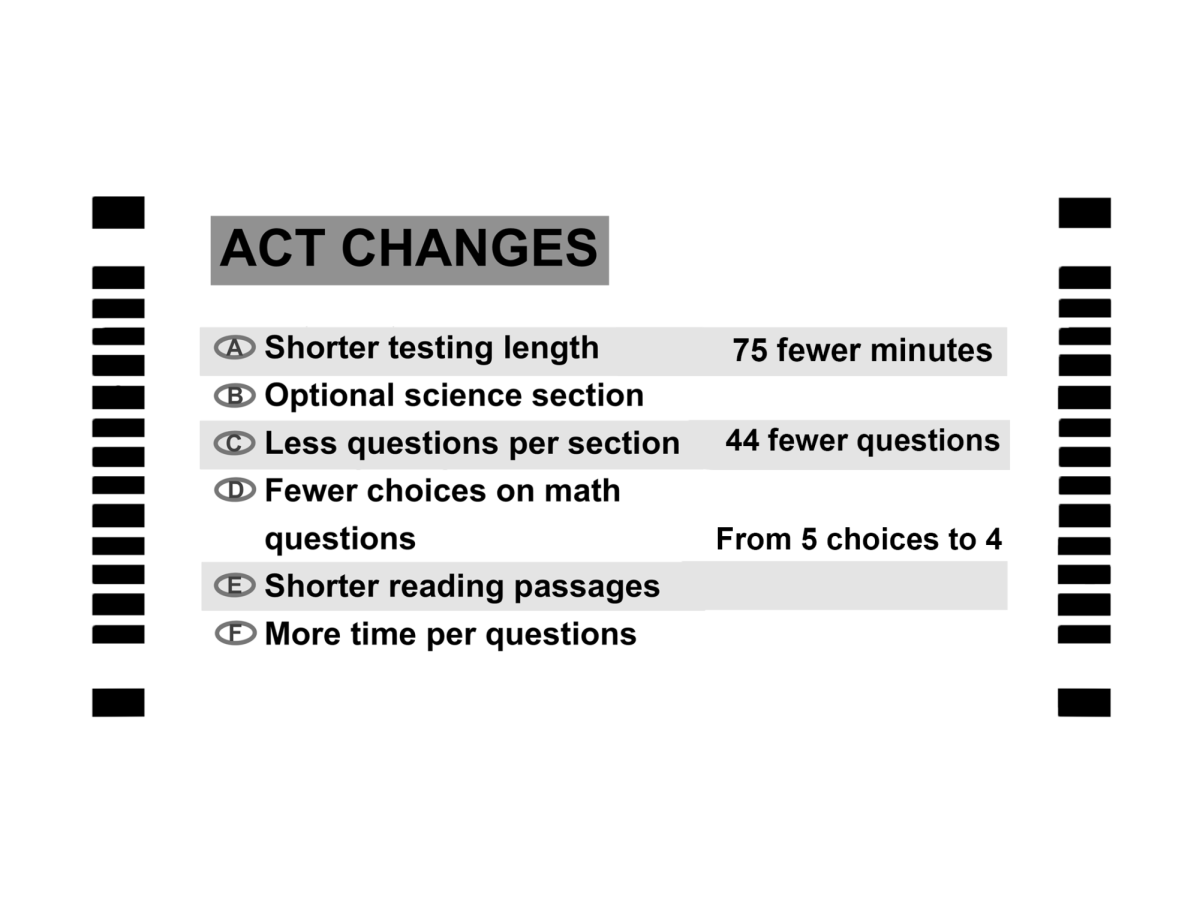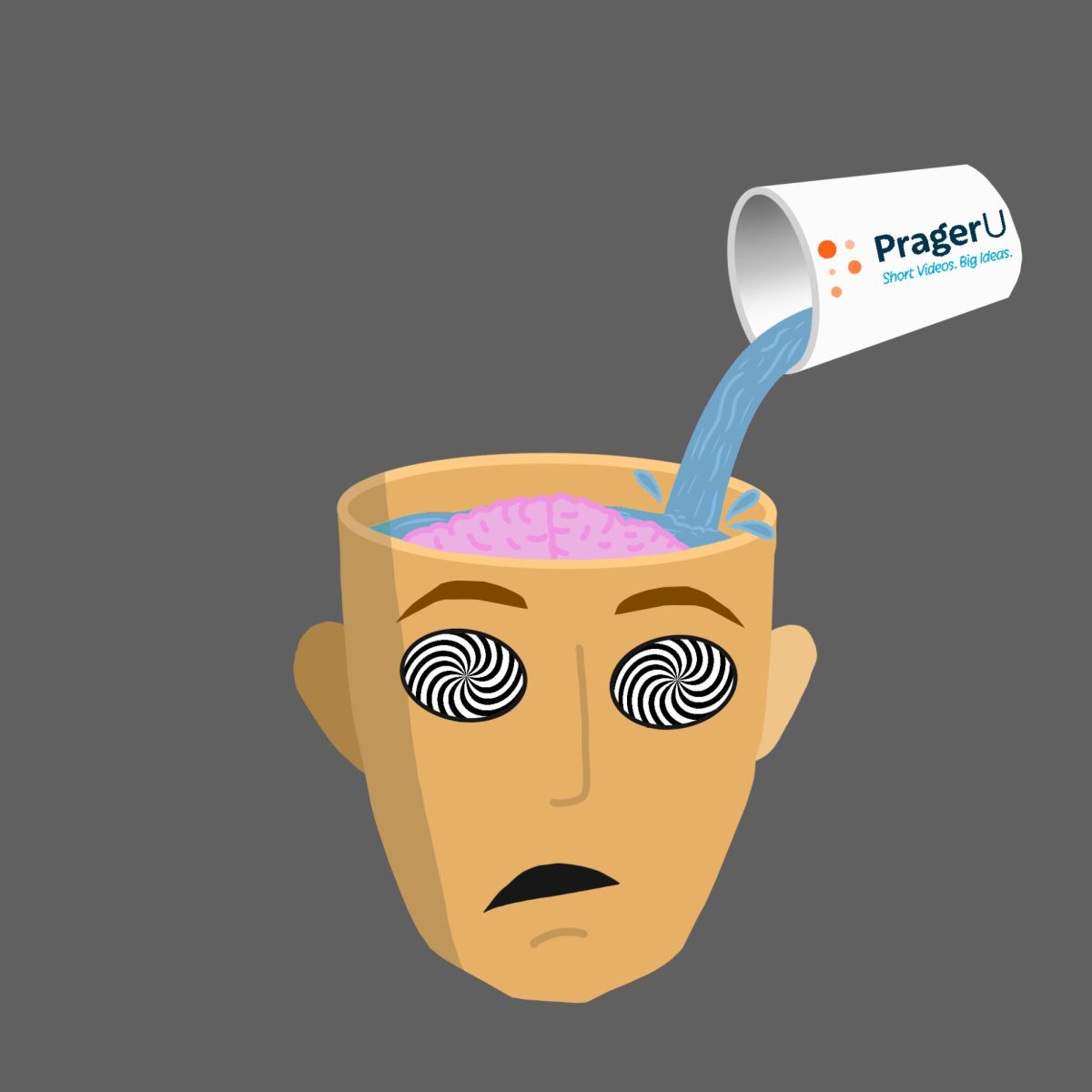In October, I had surgery. It wasn’t too invasive, and my recovery time was limited. Afterwards, I was better than before; although my problem had not been solved entirely, I was on my way. For that, I felt relieved.
I told my teachers and some friends that I was having an operation, but I told almost no one why. I was ashamed that I needed surgery to help regulate menstruation. I did not boast about my appointments with the gynecologists; I was embarrassed in a way I would not have been had I needed surgery. in any other body part. I would not have felt my heart drop when people asked prying questions about those operations, nor would I have quickly changed the subject.
The aching feeling of shame was worse than the nerves prior to the surgery and the sickness felt during recovery. The confusion and loneliness before and after the procedure were physically painful.
I am not aware of anyone who has had a similar experience to my own, but my doctor told me that my problem was not very uncommon. It is possible other girls at this school have had the same experience as me. Because of the stigma attached to issues involving menstrual health, we may never know.
A 2011 study conducted by Ingrid Johnston- Robledo and Joan C. Chrisler outlined the stigma attached to menstruation. They discuss one key aspect of the problem.
“Menstrual stigma is perpetuated indirectly through silence. Menstruation is typically avoided in conversation (Kissling 1996). The majority of American adults surveyed for The Tampax Report (1981) agreed that menstruation should not be dis- cussed in ‘mixed company.’”
This extends far beyond my own surgery. Women across the world suffer in silence, fearful or ashamed to reach out for help, and brushed off by medical professionals when they do.
Ten percent of women have been diagnosed with endometriosis, a medical condition involving tissue in the uterus with symptoms ranging from extreme- ly painful cramps to infertility. According to Quartz Magazine, despite the severe symptoms of the condition, it takes an average of 10 years for doctors to actually diagnose the condition, to take the complaints seriously. When a diagnosis is made, standard pain medication, such as ibuprofen, is recommended by physicians, even though the cramping pain can be “almost as bad as a heart attack,” according to John Guillebaud, a professor of reproductive health at University College London.
The lacking conversation on the topic highlights two issues. Not only are women often embarrassed they have a period at all, they are, as I was, embarrassed when it is somehow abnormal. We are some- how simultaneously ashamed both of being women and not being womanly enough.
Ignoring menstrual health is dangerous. It leads to a failure to address important health issues. Even simple things, such as access to clean menstrual hygiene products, are not guaranteed around the globe, affecting hundreds of millions of women. For de- cades, no health agency even noticed the problem.
Women need to feel comfortable speaking about and addressing important health issues.
A common method to address a stigmatized is- sue is to discuss the subject and to share experiences openly. That is what I was scared to do, but I have tried to do here. I hope my female peers will do the same, and I hope my male peers will listen.






